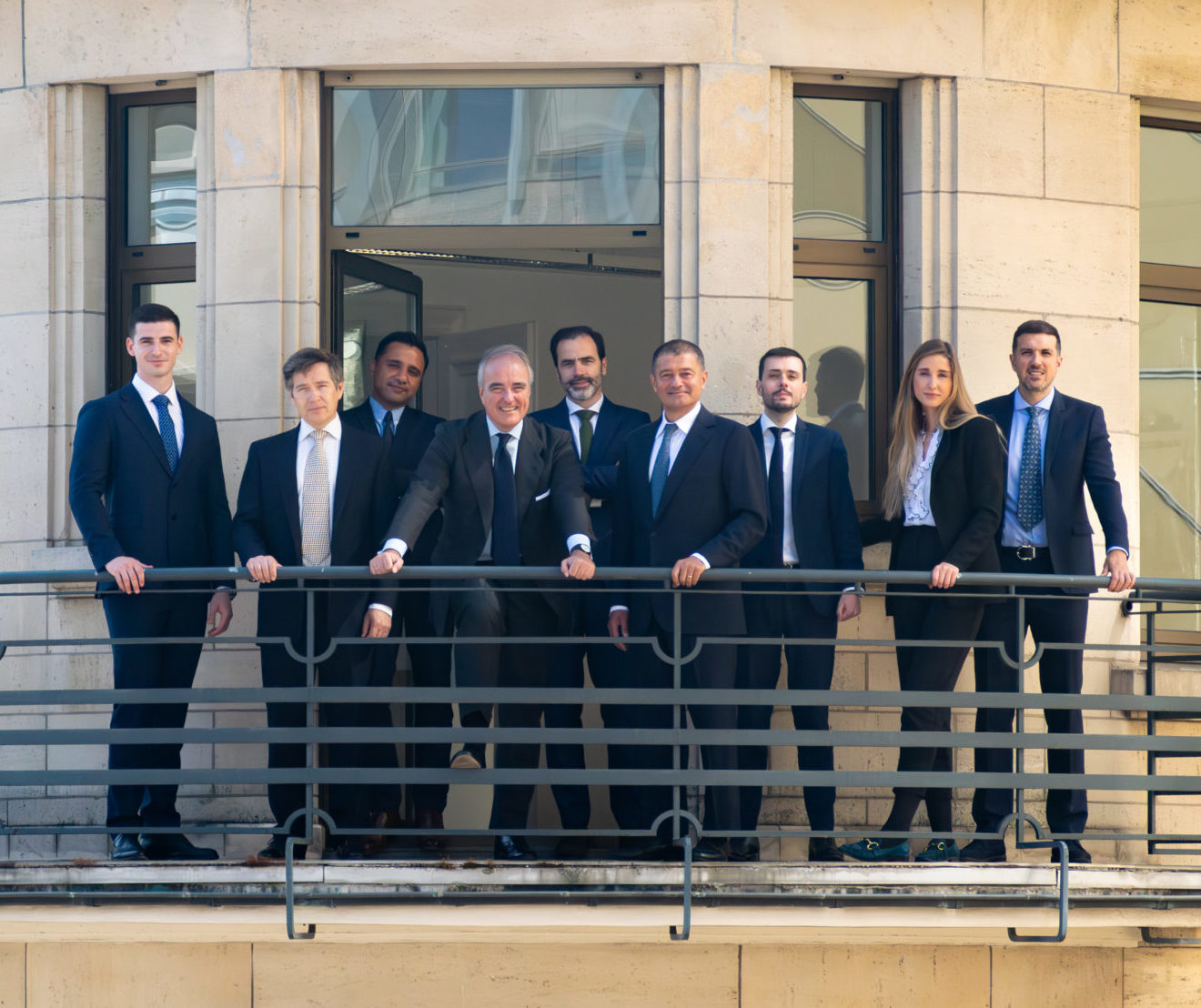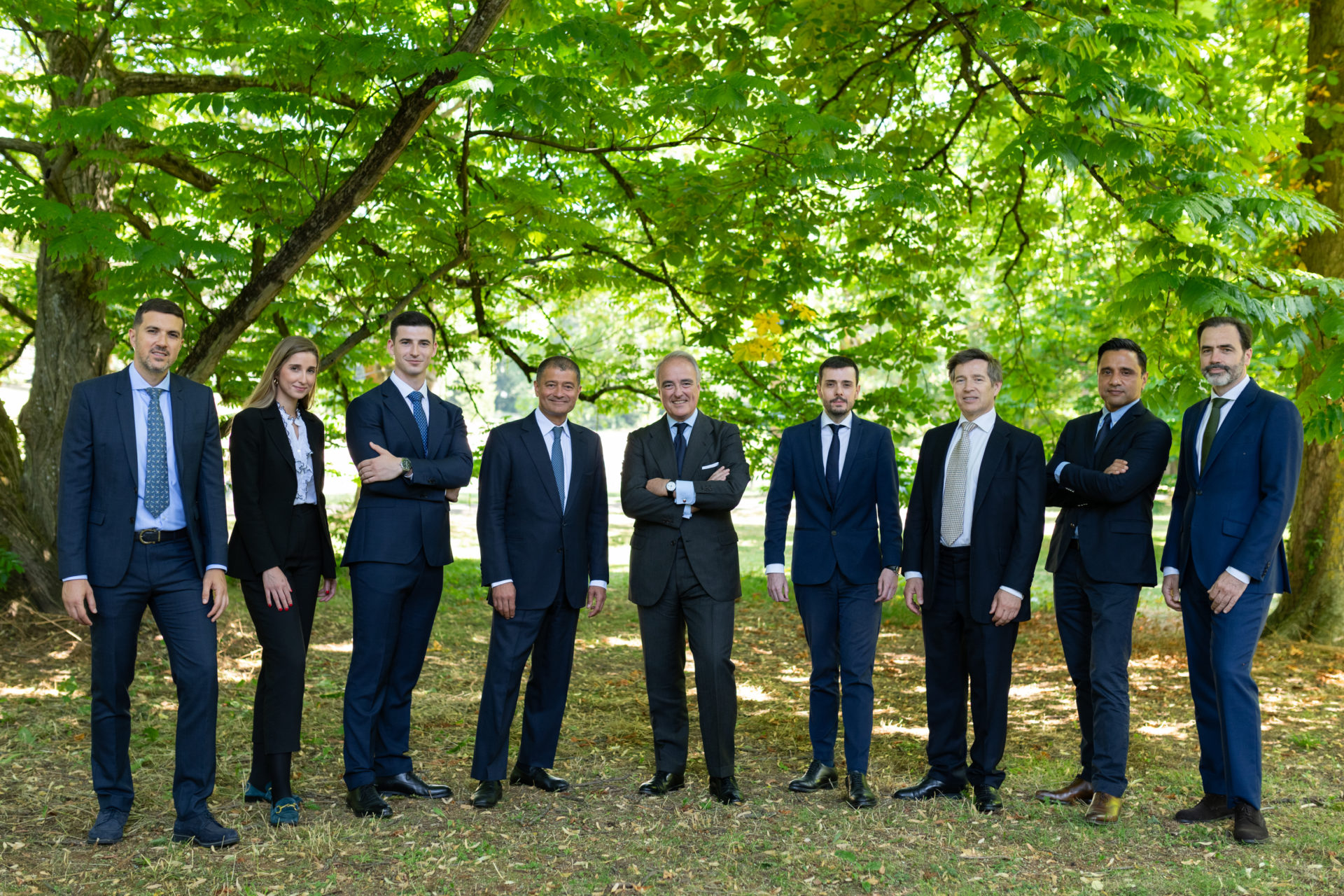By Shanu SHERWANI, Private Equity Analyst, published AGEFI Luxembourg, Septembre 2021, p35.
Emerging private equity fund managers, i.e., first-time funds, could be a new gateway for Luxembourg to strengthen its position as a hub for private equity funds. Emerging fund managers are relatively new managers who have the potential to become top tier groups. A growing number of limited partners are shifting their focus away from the largest managers and toward experienced dealmakers who are launching their own businesses – many of whom are spin-offs from the giant firms.
Private equity firms have a predetermined life span. LPs (limited partners) apply a prudent portfolio construction that entails monitoring and, when appropriate, investing in high-potential, emerging fund managers to continually renew their manager roster and ensure that each euro they invest has the potential to grow multiple times. For many institutional investors, emerging managers allow them to diversify their portfolios away from their existing managers and pursue differentiated strategies. While some are opportunistically open to new relationships, other public plan LPs have specific mandates for emerging managers.
As mentioned in my previous article on fundraising, Limited partners have found it more challenging to invest in emerging private equity fund managers because of the pandemic. However, the appeal of outsized returns has prompted investors to be more inventive in their approach to connecting with new GPs. This trend has been evident over the last decade in co-investments, direct investments, and separately managed accounts, all of which have seen an increase in institutional investor interest.
According to Pitchbook’s 2020 Annual Private Fund Strategies Report, general partners (GP) who have raised four or more funds accounted for approximately 78 per cent of capital raised by private capital funds since 2006. The remainder were emerging managers, defined as those with three or fewer funds on their resume. In brief, due to pandemic, LPs have prioritized existing fund ties, followed by wellknown groups that they have followed for an extended length of time. Due to travel restrictions imposed by the pandemic, LPs could not conduct in-person due diligence on new managers. Hence, they have opted to support existing general partners who can give the added security that comes with their brand and sheer volume. Many limited partners require that a member of their investment committee visit with a manager in person before making their initial commitment. These meetings are critical opportunities for LPs to question a fund team’s track record and investment strategy.
However, with virtual fundraising becoming the norm, the emphasis is shifting away from face-to-face interactions and toward what new managers can bring to the table that their larger competitors cannot. According to Pitchbook’s most recent private equity fund performance statistics, 17.7 per cent of first-time funds generated an IRR greater than 25% in Q2 2020, compared to 11.3 per cent of Fund IV or later vehicles. Furthermore, with increasing dry powder, i.e., funds to deploy, many limited partners are bending the rules and investing in managers they have never met in person. LPs are drawn to young managers’ potential discounts in the form of coinvestment opportunities, and I also noted during recent fundraising assignments that large LPs are attracted mainly in firsttime funds for this reason. Co-investment enables limited partners (LPs) to invest alongside general partners (GPs) in businesses. They avoid some of the fees associated with investing indirectly through a blind pool fund with other limited partners by investing directly in portfolio companies. However, when investing with highly sought-after managers, such opportunities can be scarce. Furthermore, some LPs will not receive these opportunities in some established funds because they are the new investor, and there are another ten investors ahead of them.
According to Preqin, first-time funds based in North America raised more than USD12 billion in 2020 – a decline from the prior two record years, but certainly respectable given the challenges of gathering funds amidst the pandemic. It’s a good sign for the market because it benefits all parties. This means some LPs can now “get closer to the source” of superior performance, invest in deals with greater selectivity and control, and avoid mega-fund structures that may not work for them.
In a recent study published in August 2020 by PEI (Private Equity International), Investors surveyed indicated that they will back a debut private equity fund in an overwhelming 89 per cent of cases. While identifying and underwriting the unproven presents challenges, many believe the rewards outweigh the risks, maintaining the appeal. Despite LPs’ assertions that their appetite for emerging managers remains strong, only 17% intended to increase their commitments to first-time funds over the next 12 months, while 28% planned to decrease their commitments. I believe that the current environment did not affect LPs’ ability to back emerging managers, but it has slowed their progress. It is important to note that family offices, wealth managers and high net worth individuals dominate the emerging manager investor pool, accounting for 60 per cent of capital raised in 2020 compared to 43 per cent the previous year. Sovereign wealth funds, insurance companies and financial institutions remain more conservative. In the same study, we note that anchor commitments to emerging managers are split. Fifty-five per cent of LPs (down from 76 per cent of LP respondents to the 2019 survey) would anchor a firsttime fund. The anchor investor is critical for the fund manager because their quality serves as a barometer for future limited partners. Coming in early has several advantages for the investor, most notably influencing the LPAC (limited partner advisory committee), accessing co-investment, acquiring a stake in the management company, or obtaining preferential terms. However, risks include the manager failing to meet target commitments and the anchor becoming overweight in the fund. Indeed, the question arises of what makes emerging private equity fund managers an attractive proposition. This was well defined in an article published by TIFF investment Management, «The Case of Emerging Manager in Private Equity.»
– First, I believe that investing with these managers is the optimal way to gain access to the markets where the highest returns are possible – early-stage venture capital and lower middle-market private equity. Managers in these segments typically face less competition and have a greater ability to add value through operational improvements and company growth initiatives.
– Second, by establishing a relationship with an emerging fund manager, LPs gain a seat at a table ahead of many of these groups, primarily those that prove successful, close to new investors.
– Third, emerging fund managers typically have a strong alignment of interests with their investors and an innate desire to be transparent partners and exceptional investors. The investment industry is teeming with intelligent, hard-working, and creative individuals; many of these individuals are motivated by a desire to amass wealth. Regrettably, they frequently conclude that the most effective way to accomplish this is to increase assets under management and diversify their revenue streams to maximize management fee profits and generate larger carry euros even with mediocre performance. Emerging fund managers take significant career risks, frequently leaving the industry highpaying jobs at other investment firms to launch a new venture with no committed capital (as a result, there are no management fees). They are betting on themselves and their capacity to source great investments. The only way they can amass wealth and remain in business is to earn the trust of external stakeholders, generate high returns, avoid significant losses, and accumulate carried interest over time if they produce a sizable profit for their LPs.
– Fourth, it is enormously beneficial for LPs to negotiate preferential terms with more adaptable groups that are just getting started: secure lower fees, carried interest, co-investment rights, and contribute to the firm’s direction as a trusted advisor advisory board member. Reduced fees and carry can significantly improve net returns, while preferred access to co-investments enables LPs to generate attractive risk-adjusted returns and gain a deeper understanding of the general partner (GP).
Without a doubt, the pandemic and accompanying economic turmoil have pushed many LPs into their safe zone. However, I believe that the recent reopening of much of the economy may provide new opportunities for LPs to seek out and support up-and-coming emerging fund managers. Supporting emerging managers often comes with a strong alignment, a more conviction weighted investment approach and the opportunity for high returns. One of the advantages emerging managers have in today’s environment is that extensive legacy holdings do not overburden their portfolios. As a result, they can concentrate on the new opportunities and attractive pricing that are certain to emerge in the months ahead. One factor driving this trend is a desire on the part of investors and dealmakers to return to a more traditional era of private equity – when firms were smaller and limited partners had direct access to and close working relationships with their general partners.
Luxembourg’s financial sector and service providers have done an outstanding job of attracting established private equity funds to Luxembourg. While the interests of firsttime managers and investors are likely to be closely aligned, establishing a framework that facilitates their collaboration may be necessary. If we also focus on attracting emerging private equity managers and streamlining the establishment of their funds through certain advantages, Luxembourg will be at the forefront of this growing segment of Private Equity and will play a pioneering role in the next generation of successful funds.






